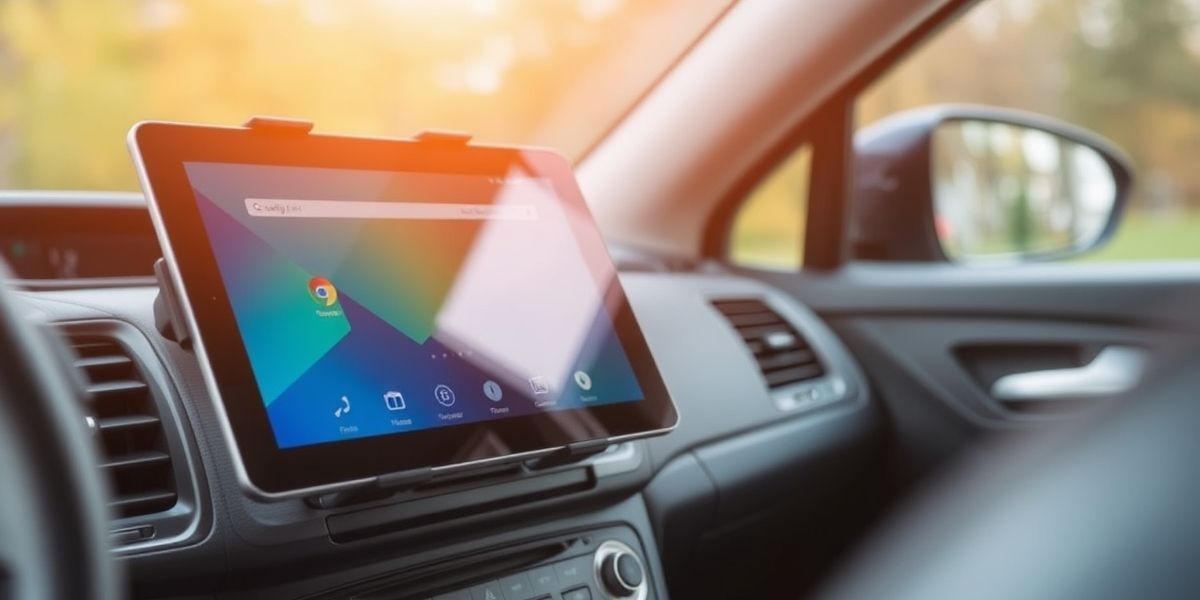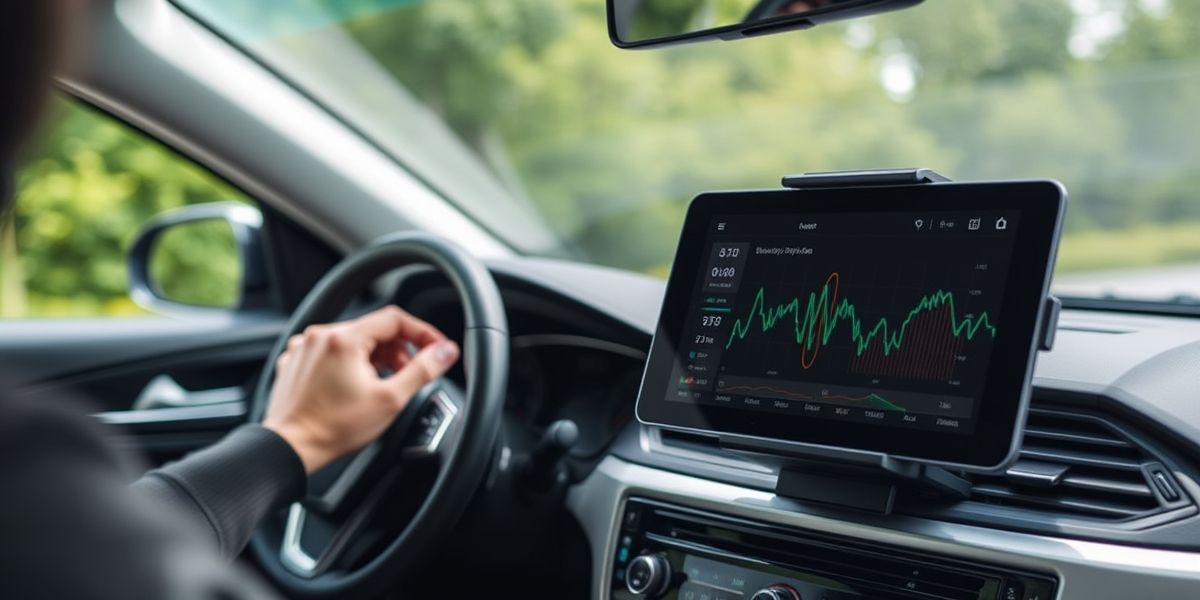Battery swelling is a common issue in rugged vehicle-mounted tablets exposed to high-temperature environments. It can lead to charging failures or unexpected shutdowns, severely impacting fleet operations.

Case Study: A logistics company experienced frequent battery swelling issues when using standard tablets during high summer temperatures. Due to prolonged exposure to heat inside vehicles, the failure rate increased by 30%, significantly extending downtime. They later switched to rugged vehicle-mounted tablets equipped with hot-swappable batteries, which allowed battery replacement without shutting down the device. As a result, battery swelling issues were significantly reduced, device reliability improved, and logistics operations remained uninterrupted.
Examples of Device Failures
Device failures are often caused by physical impacts, vibrations, or extreme temperatures, leading to screen breakage, system crashes, or complete device malfunction.
Case Study: A construction company used standard tablets for on-site management. Due to the rough and dusty environment, devices frequently failed, with broken screens and system crashes delaying project progress. They later switched to rugged vehicle-mounted tablets built to military standards, featuring shock and vibration resistance. As a result, failure rates decreased by 80%, and project efficiency significantly improved.

Selection Recommendations
To prevent battery swelling and device failures, consider the following key features when choosing a rugged vehicle-mounted tablet:
Hot-Swappable Battery
Opt for devices that support battery replacement without shutting down. This feature is particularly beneficial for fleet operations requiring extended usage, ensuring uninterrupted performance.
Wide Temperature Operation
Ensure the device can function in extreme temperatures, such as -20°C to 60°C, to withstand summer heat and winter cold, reducing the risk of battery swelling and system failures.
Shock and Vibration Resistance
Prioritize tablets with reinforced casings and internal shock-absorbing designs. These features help maintain device stability in moving vehicles or rough environments, minimizing physical damage.
Dust and Water Resistance
Choose devices with IP65 or higher protection ratings to safeguard against dust and moisture intrusion, making them suitable for harsh outdoor environments.

Conclusion
In fleet management, battery swelling and device failures can lead to increased downtime, higher costs, and even safety risks for drivers. By selecting rugged vehicle-mounted tablets with hot-swappable batteries, wide temperature operation, shock/vibration resistance, and dust/water protection, you can significantly enhance device reliability and lifespan while reducing operational costs.
If you need further advice or specific model recommendations, feel free to reach out!
评论
发表评论